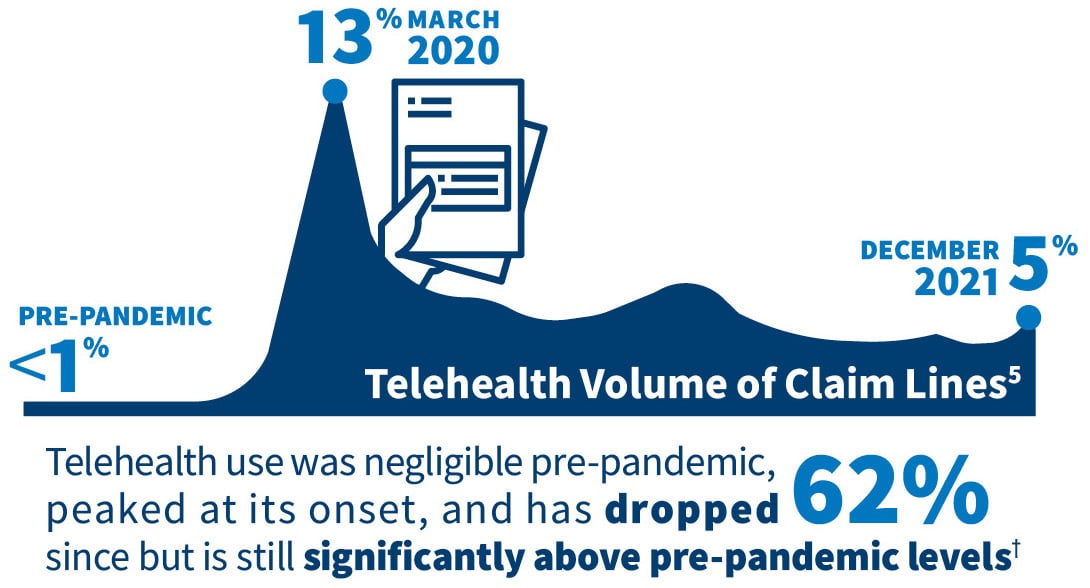According to the CDC, chronic pain is a risk factor for suicidality.1,2,3 Studies indicate several additional factors as potential predicators of increased suicide risk in chronic pain patients, including depression, anger, unemployment/disability, harmful health habits, challenging personal and family history, sleep problems, poor perceived mental health, and multiple chronic pain conditions. Newly identified psychosocial factors, including pain catastrophizing, hopelessness, and perceived burdensomeness also appear to be associated with suicidality.2 On a positive note, many suicide risk factors can be addressed through an individualized chronic pain management program.2
Learn More »Reducing Opioid Overdose Risk in Patients with Opioid Use Disorder
Any patient can develop OUD and patients with OUD are at higher risk for overdose.1 Personal history, length of therapy, and dosage play a role in the development of OUD.2 A physician’s effectiveness in treating the underlying cause of a patient’s pain can be a crucial aspect of the defense in an opioid overdose case.
Learn More »In the first half of 2020 — the beginning of the COVID-19 pandemic — telehealth experienced extraordinary growth as social distancing protocols, concern over spreading the virus, and other pandemic realities spurred demand and adoption. While this growth has receded since that time, usage remains well above pre-pandemic levels and the regulatory environment remains dynamic.1
Learn More »An adverse drug event (ADE) is defined as “harm experienced by a patient as a result of exposure to a medication.”1 The Institute of Medicine says an ADE is “an injury resulting from a medical intervention.”2 Like any adverse event, occurrence of an ADE does not necessarily indicate an error or poor quality care. However, adverse drug events account for nearly 700,000 emergency department visits and 100,000 hospitalizations annually.1
Learn More »The healthcare setting often involves sensitive and intimate exams that present challenges other businesses don’t face. Medical chaperones can provide a level of comfort for patients and may help ensure the best possible experience for patients and physicians alike. In so doing, the likelihood of a sexual misconduct allegation based on a misunderstanding is greatly reduced.1 And while the case study below involves a physician and this article references physicians throughout, the lessons and recommendations are applicable to any healthcare professional.
Learn More »





